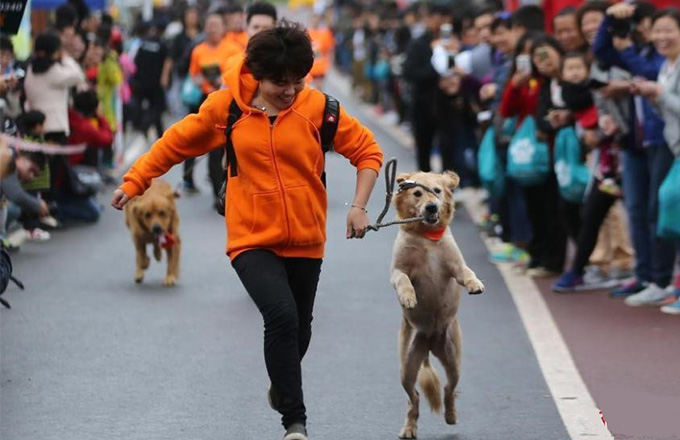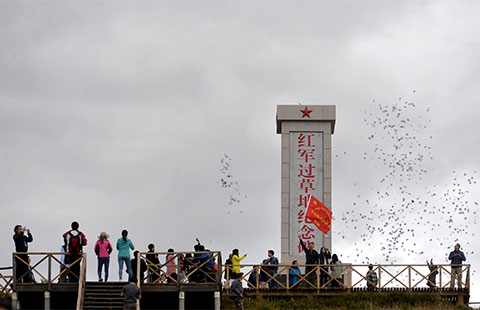Serious illness insurance covers over 1 bln population
BEIJING -- The number of Chinese covered by the serious illness insurance program exceeded 1.05 billion by September, a huge step in reducing medical costs for the whole nation.
The serious illness insurance program for urban and rural dwellers as well as students has been "almost fully implemented," as it now covers nearly all Chinese who did not enjoy this insurance before, Huang Hong, vice-chairman of the China Insurance Regulatory Commission (CIRC), said Wednesday.
Serious illness insurance, which was first rolled out on a trial basis in 2009 and began to be implemented nationwide in 2015, reimburses patients for medical bills that "far exceed basic medical insurance." The government-supported program aims to address poverty exacerbated by ill health.
Treatment for 605 critical illnesses is now covered by 16 insurance companies, helping many with the financial burden associated with health care, Huang said at a press conference.
However, the program has not been without its challenges including the oversight of not setting a reimbursement limit on nearly half of the 605 illnesses, which must be addressed, he added.
China is striving to establish a system for medical insurance for serious illness and raise reimbursement for patients with critical illness, to provide an extra layer of protection for urban and rural residents.
Serious illness insurance for urban and rural residents posted a reimbursement ratio of no lower than 50 percent, according to a white paper published Monday by the State Council Information Office under the title "China's Progress in Poverty Reduction and Human Rights."
Once successfully implemented, serious illness insurance will cover all urban and rural residents, except for public servants, servicemen and company workers who have access to serious illness insurance from insurances provided by their employers.
The serious illness insurance program for urban and rural dwellers as well as students has been "almost fully implemented," as it now covers nearly all Chinese who did not enjoy this insurance before, Huang Hong, vice-chairman of the China Insurance Regulatory Commission (CIRC), said Wednesday.
Serious illness insurance, which was first rolled out on a trial basis in 2009 and began to be implemented nationwide in 2015, reimburses patients for medical bills that "far exceed basic medical insurance." The government-supported program aims to address poverty exacerbated by ill health.
Treatment for 605 critical illnesses is now covered by 16 insurance companies, helping many with the financial burden associated with health care, Huang said at a press conference.
However, the program has not been without its challenges including the oversight of not setting a reimbursement limit on nearly half of the 605 illnesses, which must be addressed, he added.
China is striving to establish a system for medical insurance for serious illness and raise reimbursement for patients with critical illness, to provide an extra layer of protection for urban and rural residents.
Serious illness insurance for urban and rural residents posted a reimbursement ratio of no lower than 50 percent, according to a white paper published Monday by the State Council Information Office under the title "China's Progress in Poverty Reduction and Human Rights."
Once successfully implemented, serious illness insurance will cover all urban and rural residents, except for public servants, servicemen and company workers who have access to serious illness insurance from insurances provided by their employers.
Related Stories
- China criticizes Japanese Cabinet members' visit to notorious shrine
- Young Red Army soldier stickers blow up on social media
- Older migrants on rise, need help, report says
- Top court pledges protection for heroes' honor
- Russian cosmonauts congratulate Chinese astronauts, wish to fly together in space
Editor's picks

















